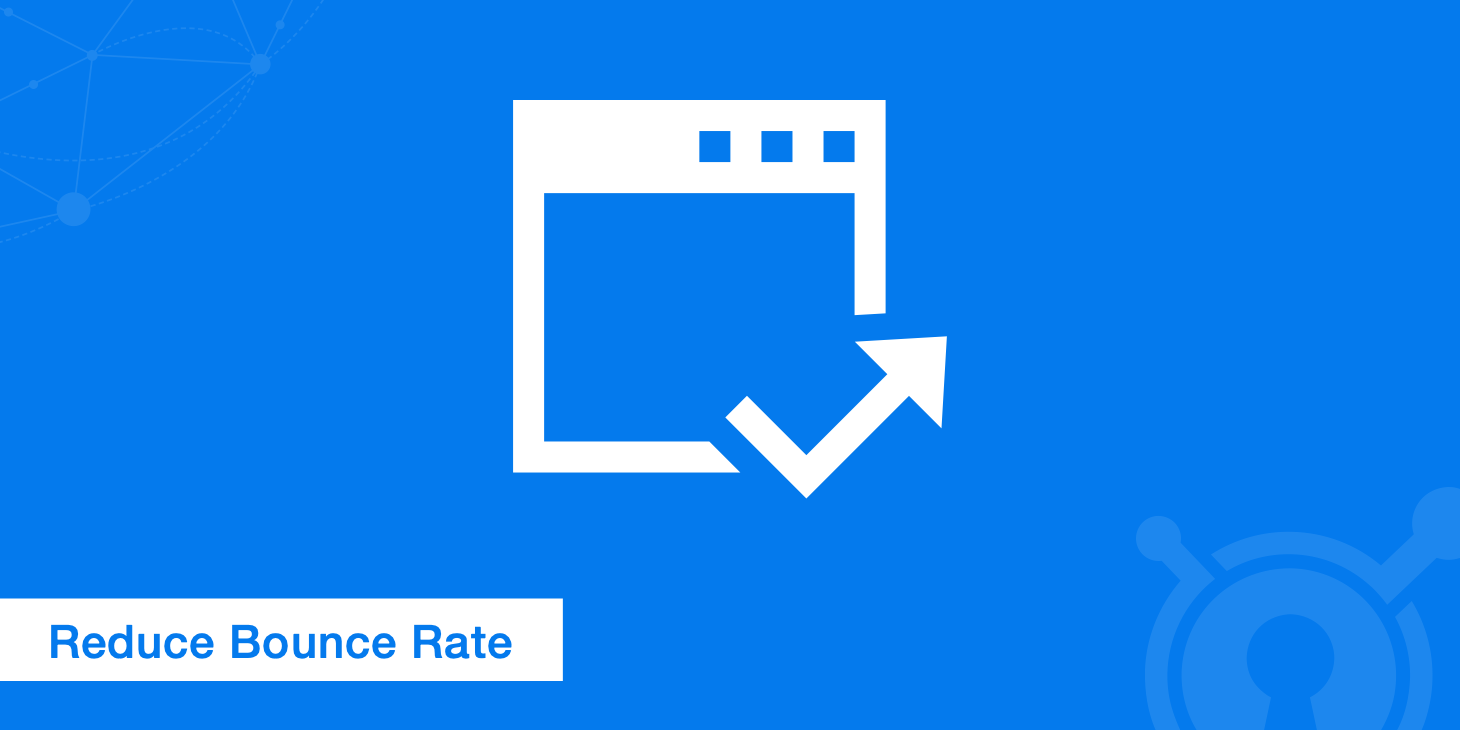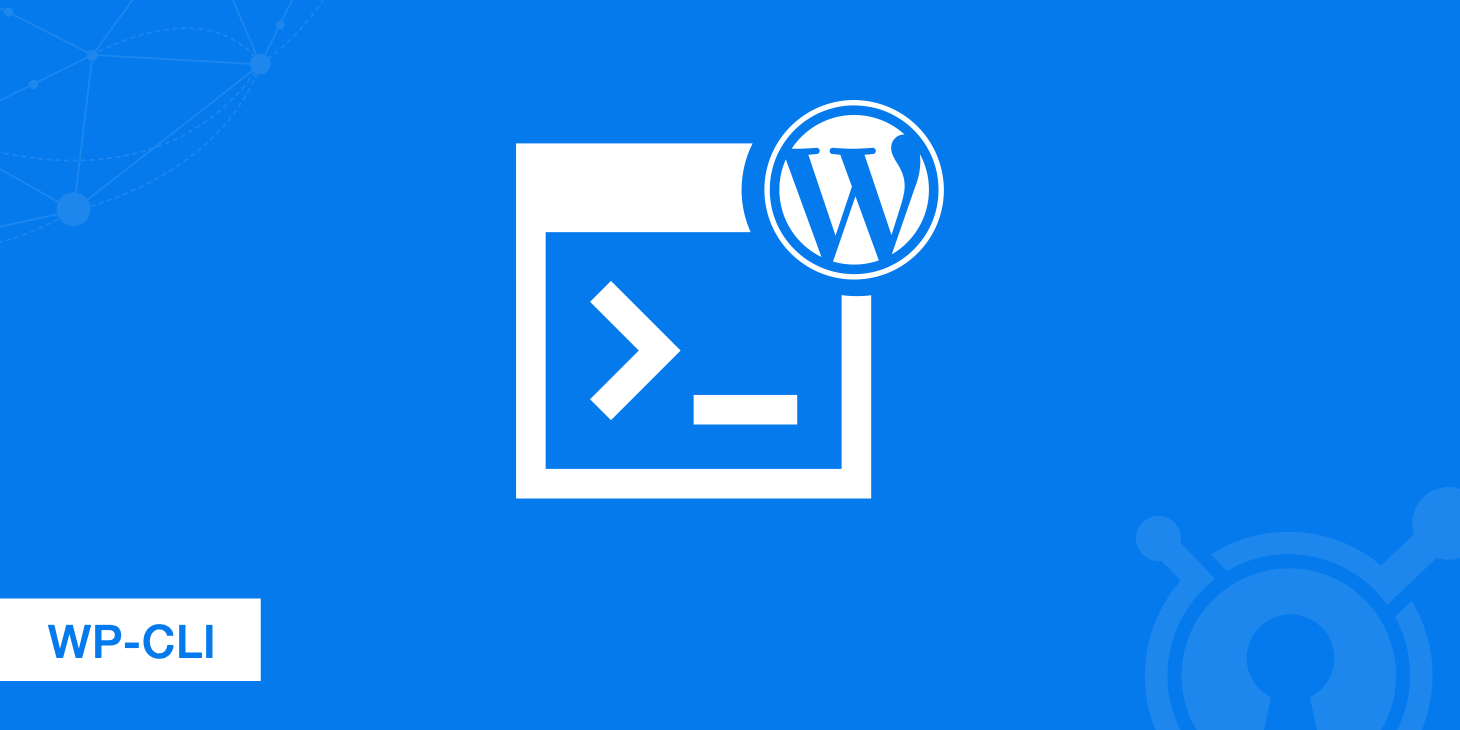
21 Ways to Reduce Bounce Rate on Your Website
When it comes to running a successful website you should always be looking at all the data. A very important factor that a lot of website owners, developers, and marketers overlook is their bounce rate. If you have a high bounce rate than most likely there is a cause for that such as your website is slow, it has bad navigation, HTTPS mixed-content warnings, unusable on mobile, etc. which are causing visitors to leave your website.
March 8, 2016 Read more